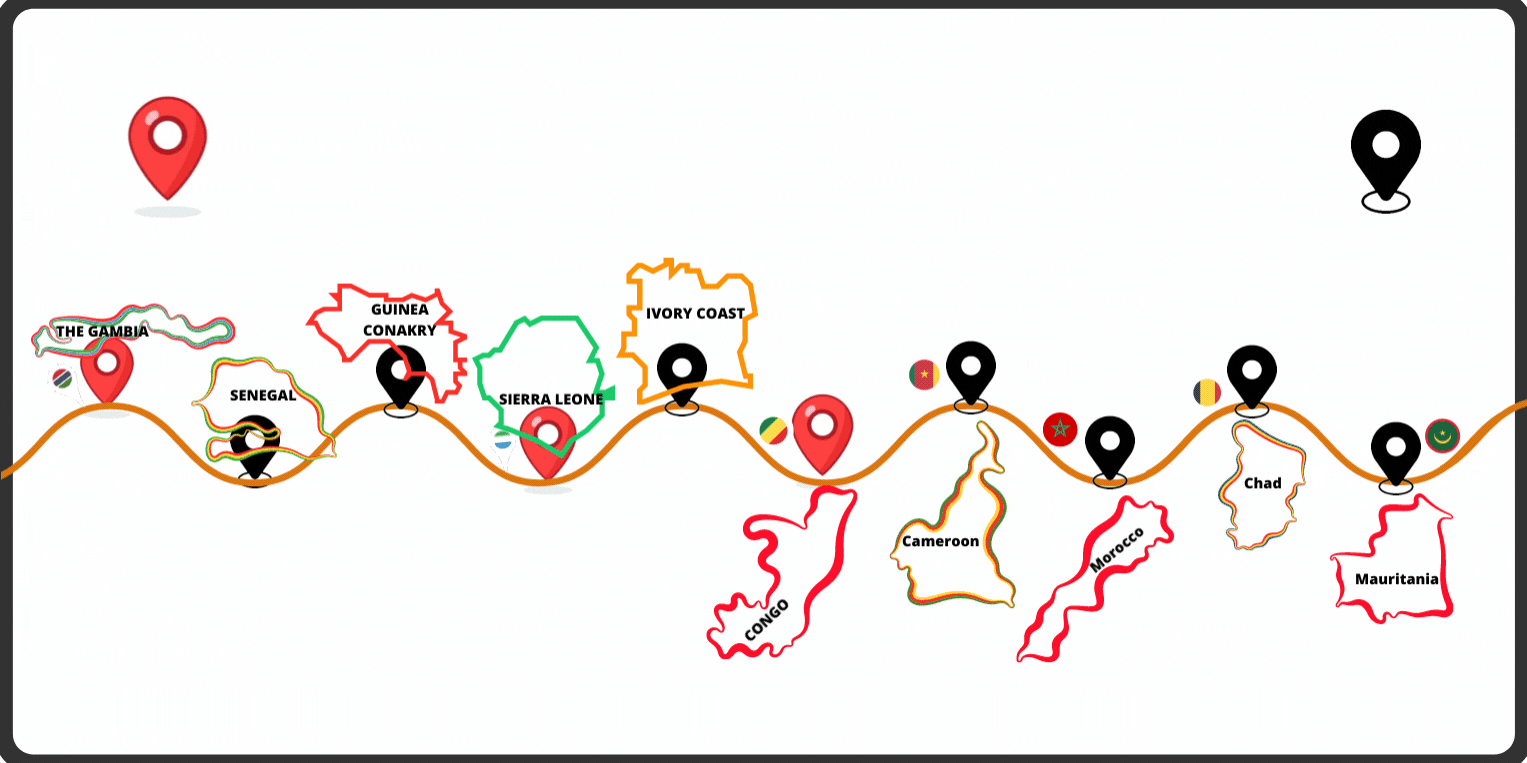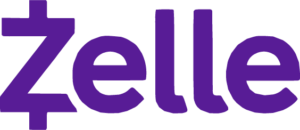
GoFundMe

Sending Donation via Zelle
africanyoutharchi@gmail.com
Why AYA Education Fund?
Low quality education in Africa has made many youth unemployed due to the dearth of skills, knowledge and means required for better earning in life. Yet today, for far too many children, a good education is out of reach for a variety of reasons including the crisis in Public education systems in many parts of Africa, endemic failure to provide adequate learning opportunities to all children, lack of qualified teachers and parental participation. With the newest wave of technology, the people who will be most successful will be those who cultivate skills around thinking and relating to other people. If we do not improve teacher recruitment and training, parental participation and above all good content, effective assessments and relevant skills, and adequate education financing for learners they are, as AYA Research Lab shown that, students with low quality education and dearth of skills needed for today’s job market are more likely to be unemployed and become a liability to society and students from low income families are more likely to be at risk of dropping out of school.
Solution
This project aims to build a well-performing educational system in Africa using solutions that differ from the market-driven education policies. To provide African students with the educational opportunities we’ll all need for the future, introduce core skills teaching and learning approaches in our schools, every classroom in Africa must be connected to the information with computers and good software and well-trained teachers. AYA will work with teachers in areas of greater socio-economic deprivation to up-skill and build their confidence in teaching. We will work with the telecommunications industry, educators, and parents to connect for shared decision-making and ideas, to plan and discuss ways to improve student performance, motivation, and health. The teachers will receive training in core skills education design and delivery, and receive consultation on integrating innovative and creative approaches into their current work plan. They will further consolidate, share and cascade their gained knowledge with other teachers and communities of interest.
Goals & Objectives
The goal of the AYA Education Fund! Project is to massively scale up public education systems in Africa, to ensure all students access to high-quality education, technology and the information. Enable underprivileged students to study without any financial struggles, improve the skills and knowledge of teachers and parental participation.
The main objectives include:
-
Reduce young age school drop-outs in Africa.
-
Improve financial and skills development access to quality education for underprivileged students until they complete college or vocational education and can support themself.
-
Improving the teaching force, supporting teachers’ by providing continuing professional development training, theoretical knowledge, practical training, and research-oriented enquiry of teaching.
-
To up-skill and build confidence in teachers in teaching to ensure whole class engagement and development.
-
Improve parent-teacher partnership for shared decision-making and ideas, to plan and discuss ways to improve student performance, motivation, and children’s health
-
Spotlights promising approaches to persistent challenges in Africa’s education systems. These test technologies help innovate teaching methods, focusing on an inclusive process that can consider every student’s needs and boost teamwork engagement and problem-solving.
Project Duration 2023 – 2028
Expected Beneficiaries
-
Underprivileged Children: 500
-
University/College students: 5000
-
Teachers (Local teachers and international volunteer teachers) 2000
-
parents: 500
-
Countries: 5 (The Gambia, Congo brazzaville, Senegal, Côte d’Ivoire, Sierra Leone)

African Youth Architects mission is to Improve the Youths of Africa by providing the fundamental needs for quality Education to improve their knowledge and providing young Entrepreneurs with resources needed to promote their business endeavors.




